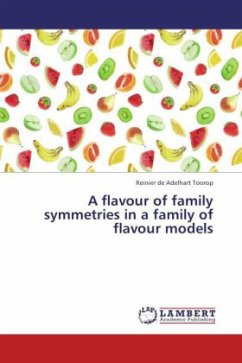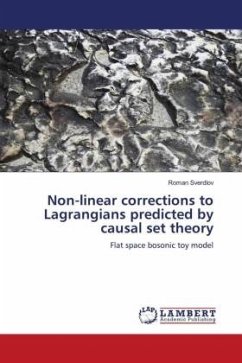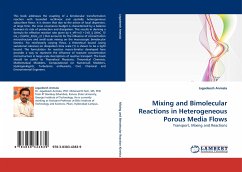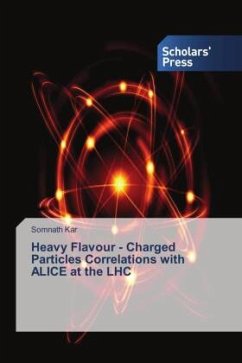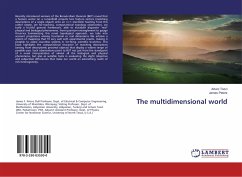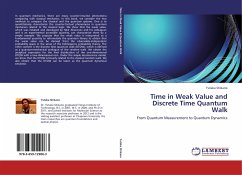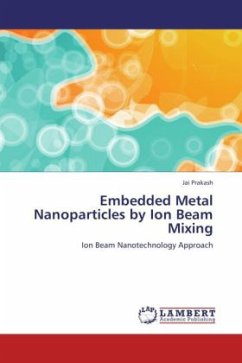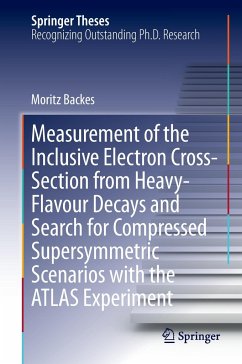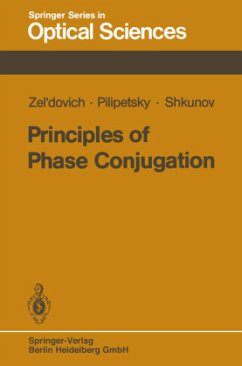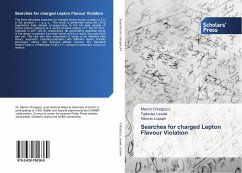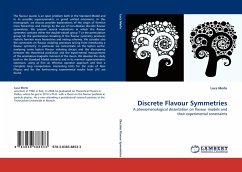
Discrete Flavour Symmetries
A phenomenological dissertation on flavour models and their experimental constraints
Versandkostenfrei!
Versandfertig in 6-10 Tagen
52,99 €
inkl. MwSt.

PAYBACK Punkte
26 °P sammeln!
The flavour puzzle is an open problem both in the Standard Model and in its possible supersymmetric or grand unified extensions. In this monograph, we discuss possible explanations of the origin of fermion mass hierarchies and mixings by the use of non-Abelian discrete flavour symmetries. We present several realisations in which the flavour symmetry contains either the double-valued group T' or the permutation group S4: the spontaneous breaking of the flavour symmetry produces realistic fermion mass hierarchies and mixing schemes. We consider also the constraints on flavour violating processes...
The flavour puzzle is an open problem both in the Standard Model and in its possible supersymmetric or grand unified extensions. In this monograph, we discuss possible explanations of the origin of fermion mass hierarchies and mixings by the use of non-Abelian discrete flavour symmetries. We present several realisations in which the flavour symmetry contains either the double-valued group T' or the permutation group S4: the spontaneous breaking of the flavour symmetry produces realistic fermion mass hierarchies and mixing schemes. We consider also the constraints on flavour violating processes arising from introducing a flavour symmetry: in particular we concentrate on the lepton sector, analysing some lepton flavour violating decays and the discrepancy between the theoretical prediction and the experimental measurement of the anomalous magnetic moment of the muon. We develop the study both in the Standard Model scenario and in its minimal supersymmetric extension, using at firstan effective operator approach and then a complete loop computation. Interesting hints for the scale of New Physics and for the forthcoming experimental results from LHC are found.



